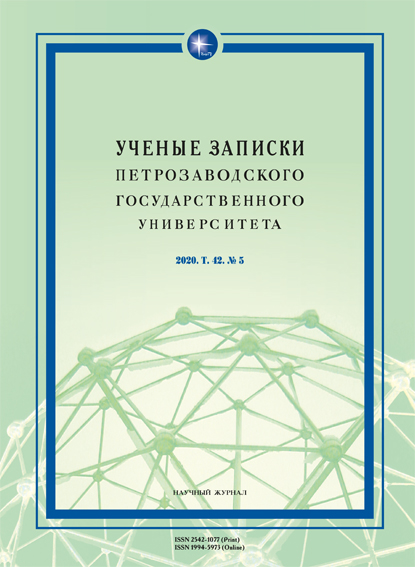КАК НАЧИНАЛАСЬ ЯЗЫКОВАЯ РЕФОРМА ПЕТРА I
THE BEGINNING OF PETER THE GREAT’S LANGUAGE REFORM
Author(s): Guriy Vasilievich SudakovSubject(s): Modern Age, Eastern Slavic Languages
Published by: Петрозаводский государственный университет
Keywords: speech etiquette; verbal abuse; differentiation of linguistic means; social status; Petrine era;
Summary/Abstract: The reform of the Russian way of life in the Petrine era also affected the rules of verbal communication. Peter’s language reform began with his instructions regarding verbal abuse. The analyzed source which contains a list of the most common negative assessment lexemes is interesting precisely because of Peter’s attention to various aspects of oral and written communication in Russia of that time, and his attempts to improve speech etiquette in accordance with the challenges of the time and bring it closer to the European communication practice. The relevance of the study is determined by the need to more fully take into account the whole range of activities aimed at the formation of a single norm of the national Russian literary language. The novelty of the study is the attraction of a new source that is directly related to the speaking practice of the era and demonstrates the attention of the government to oral etiquette,the norms of which did not meet the demands of the time. Words and phraseological units with negative meanings are semantically connected with the culture of the era, their interpretation is based on linguistic and cultural commentary.“Dishonorable words” did not constitute a separate obligatory variety of speech etiquette, although they could fulfill the function of a deliberately negative appeal. By structure, “dishonorable words” could consist of one element, less often – of a simple sentence, with one option framed by a complex sentence. The analyzed texts fit into a number of documents and guidelines designed to influence the formation of a new culture of oral and written communication.Production of an official document on this score is one of the first conscious reactions of the authorities to the specifics of verbal communication, which is one of the signs of the beginning of a new, national stage in the formation of national norms of the Russian literary language.
Journal: Ученые записки Петрозаводского государственного университета
- Issue Year: 42/2020
- Issue No: 5
- Page Range: 38-44
- Page Count: 7
- Language: Russian

